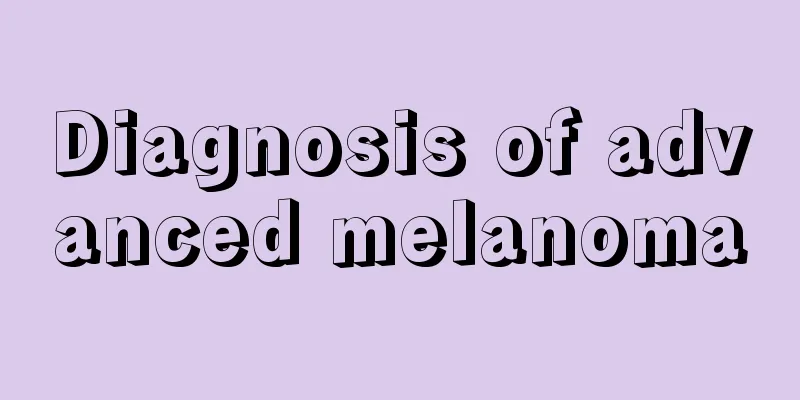What antihypertensive drug does not harm the kidneys

|
Hypertension can be said to be a very common disease. Many people's blood viscosity increases due to their daily diet or bad living habits, which affects blood flow and makes them prone to hypertension. For patients with hypertension, if their blood pressure rises on a daily basis, they need to take antihypertensive drugs. But some drugs are very harmful to the body. So, what antihypertensive drug does not harm the kidneys? Antihypertensive drugs are also called antihypertensive drugs. It is a type of drug that can control blood pressure and is used to treat hypertension. Antihypertensive drugs mainly exert their antihypertensive effects by affecting the sympathetic nervous system, renin-angiotensin-aldosterone system, and endothelin system, which play an important role in the physiological regulation of blood pressure. 1.Why do you need to take medicine for high blood pressure? Generally speaking, hypertension is a chronic disease, and most patients require long-term drug treatment to effectively control blood pressure to the target level (generally speaking, blood pressure is required to be lower than 140/90 mmHg). This can not only reduce cardiovascular and cerebrovascular events, such as preventing the occurrence and progression of stroke, coronary heart disease, heart failure and kidney disease, but also effectively reduce the risk of death. 2.What are the common antihypertensive drugs? Principles of drug selection in different situations With the advancement of medical technology in the past 40 years, new antihypertensive drugs have continued to come out, and all have undergone scientific evaluation through large-scale clinical trials. The first-line antihypertensive drugs commonly used in my country mainly include five categories: diuretics (such as the common hydrochlorothiazide and furosemide), beta-blockers (such as "Metaloc"), angiotensin-converting enzyme inhibitors (ACEI) (such as "Captopril"), angiotensin II receptor blockers (ARB) (such as "Dizhiya" and "Diovan"), and calcium antagonists (CCB, such as "Shi Huida" and "Norvasc"). [1] As the name suggests, the common effect of antihypertensive drugs is to lower blood pressure, but different types of antihypertensive drugs have different focuses due to different blood pressure lowering mechanisms. These focuses are the basis for doctors to choose different antihypertensive drugs for patients with different conditions. |
<<: Fruits that damage the kidneys
>>: Swollen and painful wrist joint
Recommend
How long is the recovery period for prosthetic rhinoplasty
I believe many people are aware of the important ...
Wind-blown Tree Pose Yoga
Yoga is a good way to train the body's flexib...
How is glioma generally treated?
Glioma is a malignant tumor of the brain. If you ...
What disease is it that causes a pimple in the buttock groove?
Pimples have always been a very annoying thing, a...
9 ways to keep white clothes as white as new!
Wearing white clothes makes people feel refreshed...
Is shaking hands with nasopharyngeal cancer contagious? How to prevent it?
Cancer is scary, and I believe you are the same. ...
Can I drink lactic acid bacteria drinks during pregnancy
Everyone knows that lactic acid bacteria is a gre...
How can massage be effective? Detailed description of massage techniques
Massage can not only help us relieve physical fat...
How many times of chemotherapy is needed after surgery for early cervical cancer?
Patients with early cervical cancer generally nee...
How to remove tape residue
Tape really provides a lot of convenience in our ...
What are the symptoms of early and late stage lung cancer?
Lung cancer can generally be preliminarily diagno...
The relationship between pulmonary neuroendocrine carcinoma and small cell lung cancer
Neuroendocrine lung cancer and small cell lung ca...
Is it dangerous to have heart valve surgery?
In fact, heart surgery is quite risky, so no matt...
Will tuberculosis cause a high fever?
Tuberculosis is a chronic disease. There are many...
The difference between sensitive skin and allergies
Sensitive skin and allergies have a lot in common...









